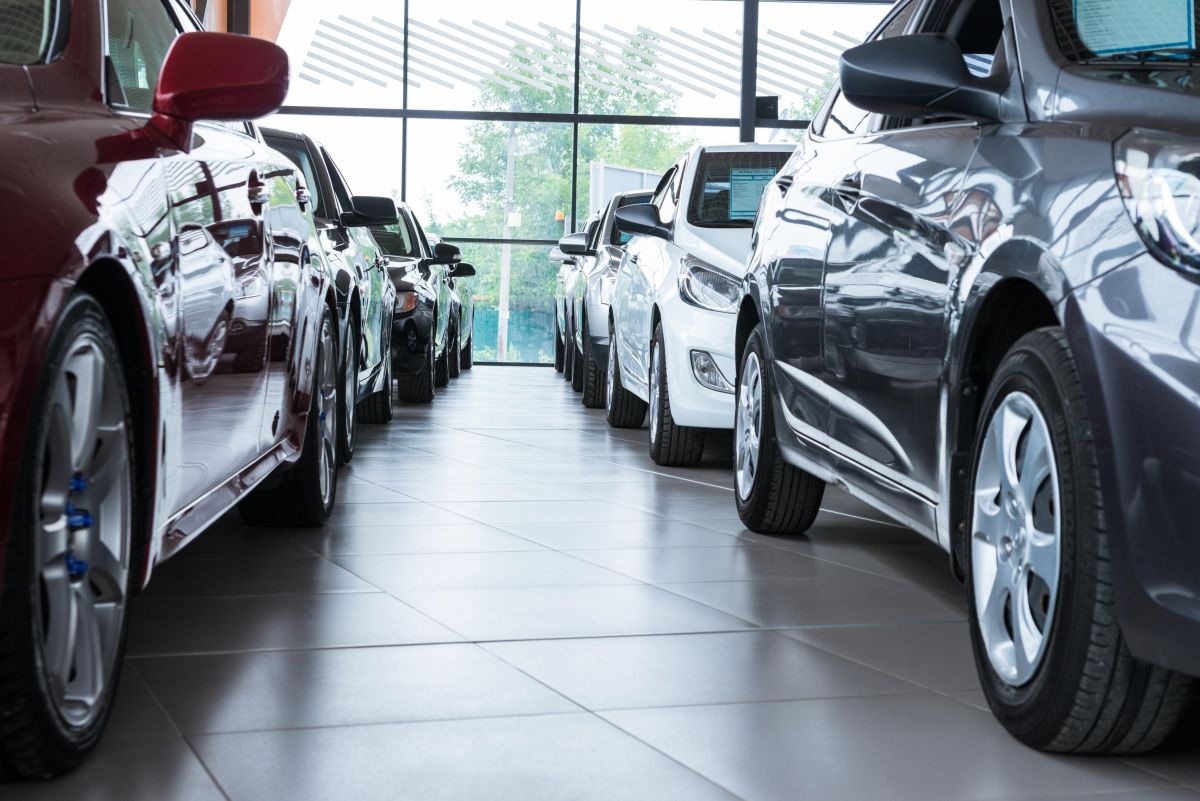A recent study by Cox Automotive an improvement in car buying satisfaction among consumers in 2023, contrasting with the declines observed in the previous two years. This upturn is particularly timely as automobile dealers convene in Las Vegas for the National Automobile Dealers Association's annual convention starting Feb. 1, where Cox Automotive is set to be the largest exhibitor.
According to the findings of the 2023 Cox Automotive Car Buyer Journey (CBJ) Study, 69% of consumers expressed high satisfaction with the car buying process, a substantial leap from the 61% reported in 2022. This improvement in consumer sentiment is attributed to several key factors, including better inventory levels, the reintroduction of discounting, and the expanded use of an omnichannel approach that blends online and in-person activities, making the car buying journey more efficient and satisfactory.
The study further highlights that satisfaction among new-vehicle buyers rose to 73%, while used-vehicle buyer satisfaction jumped from 58% to 68%. New electric vehicle (EV) buyers reported the highest satisfaction levels at 80%.
The dealership experience also received positive feedback, with 74% of all vehicle buyers and 79% of new-vehicle buyers indicating high levels of satisfaction, matching the all-time high reached in 2020.
Isabelle Helms, Cox Automotive's vice president of research and market intelligence, countered the negative stereotype often associated with car dealership experiences: "Our research and data suggest that this is simply not the case. In fact, 79% of new-vehicle buyers were highly satisfied with the experience provided by their local automobile dealer."
The study also touched on the impact of affordability and inventory levels on the car shopping experience. It showed a decrease in the number of buyers who paid more than expected, down to 49% from 54% in the 2022 study. Improved inventory levels, driven by enhanced vehicle supply throughout the latter half of 2022 and all of 2023, along with increased incentives from dealers and automakers, contributed to this positive shift.
The research also indicates a growing preference for an omnichannel car buying approach, with 71% of consumers favoring a mix of online and in-person activities for their next vehicle purchase. This trend is even more pronounced among new EV buyers, 69% of whom used an omnichannel approach, suggesting a shift towards more digital engagement in the car buying process.
The study surveyed nearly 3,000 consumers who purchased a new or used vehicle within a 12-month period ending August 2023.













